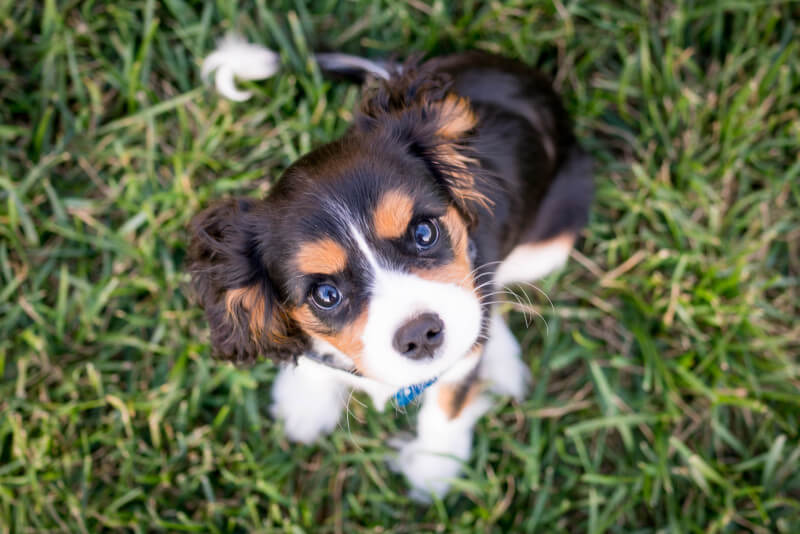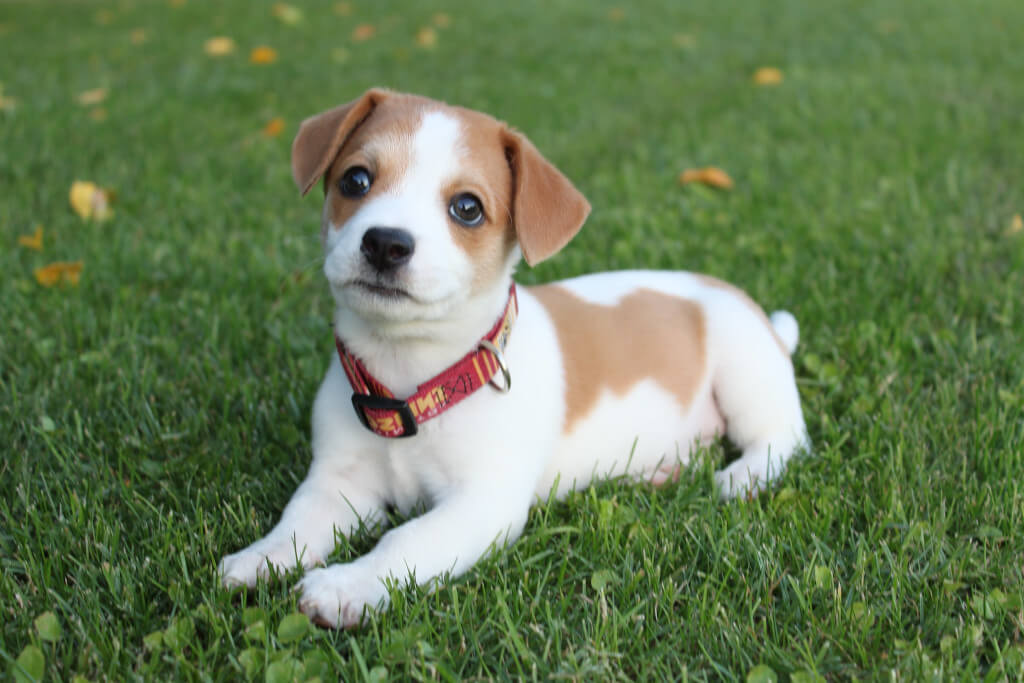Beginning house training as quickly as possible is a must for any new puppy parents. Housebreaking a puppy ensures that it will grow up to be a healthy dog ready to learn obedience. You can keep your surfaces clean while studying your puppy’s body language.
When is the Right Time to Start Housebreaking a Puppy?
It’s important to clarify that there isn’t an exact “potty” associated with “potty” training a puppy. When people talk about “potty training” a puppy, what they mean is “house-training”; that “aha!” moment when your pooch learns that it’s better for them and you if they urinate and defecate outside rather than in the dining room floor or the apartment carpets. Housebreaking a puppy can begin the moment you bring it home. Start housebreaking your new puppy as early as eight weeks old; based on the type of dog, its trainability, and your consistency, you should be able to fully potty-train your puppy in a matter of weeks or months.
Can You Tell Me if Crate Training and Housebreaking Are the Same Things?
Crate training entails showing your new puppy that its crate or cage is a comfortable and secure place to spend time. Your dog or puppy will feel secure and comfortable in their crate when they are confined in it for short or extended periods, such as during veterinary visits or long car or aeroplane rides. And if that weren’t enough, their first sight upon emerging from the crate will be your face.
Since no puppy wants to sleep and eat in the same spot where it has just defecated or urinated, crate training is an effective means of completing the task of house-training your puppy. When you crate your puppy, it learns to control its bladder and bowels, so that when you release it, it will likely need to “go” right away. Rather than scolding them for soiling the carpets, you can send them right outside and heap praise on them for using the grass instead. But remember this:
- Dogs should not spend more than two or three hours in a crate at a time.
- It’s important to remember that crate training should never be used as a form of punishment for your puppy.
- Putting a doggie pad within the crate is counterproductive.
- Put your puppy’s favourite items in there and make it as cosy as possible to transform the crate into a positive environment.
- Put the crate where your puppy can still feel like they are “in on the action” even though they are isolated from the rest of the household.
- Do not close the crate’s door. Start giving your puppy a treat when it makes the good decision to nap in the open crate.
- The door to the crate should be closed for increasing amounts of time, and your dog should be rewarded for remaining quiet inside the crate.
- Crate training a puppy takes time, but the result is worth it when your dog no longer has any accidents in the house and has a lifetime positive relationship with the crate.
A New Puppy Needs to Be Housebroken, but How Long Does That Take?

There are a few variables that affect how much time it takes to house-train a new puppy:
Dogs of This Particular Breed
Generally speaking, dogs with higher intelligence and self-reliance take less time to house-train than their less capable counterparts. Nevertheless, both the owner and the puppy must commit time and effort to the process for it to be a success. While there are always exceptions to the rules in general, tiny and miniature-breed dogs take much longer to house-train than larger dogs do. This could be due to the so-called “small dog bias,” in which people are more tolerant of accidents involving smaller dogs. It takes more time to coach small dogs because we overlook their signals more often and might not always provide them with a chance to be praised for ‘going’ outside.
Conformity in Instruction
Be unwavering in your commitment to potty training your puppy. If you have young children, you should make it a habit to take them outside right when you wake up, after each meal, after play sessions and nibbles, and even a few times in the middle of the night. This will aid in potty training by providing plenty of opportunities for them to relieve themselves without feeling rushed. They’ll learn to rely on you more and have more confidence in themselves thanks to the stability that routinely provides.
Always and Only Rewards
Make sure your new puppy understands your signals. The best way to encourage them to keep trying is to lavish praise and rewards on them when they succeed in their efforts to ‘go’ outside. If there’s an accident, you can discreetly tidy it up. Don’t ever, ever, ever penalise your puppy for doing a thing that’s in their nature; doing so will not end up making them ‘bad. You can’t blame them if you failed to notice their cue.
Your new puppy will learn quickly not to urinate or defecate in the house if you take it outside to do its business regularly and reward it with praise. If you do things right, you may have a completely house-trained puppy in a matter of months when it comes to house-training.
Can You House-train a Pooch With Puppy Pads?
While taking your dog outside is always preferable, potty pads can be helpful in some cases, too. Puppies, especially the very young ones, need to go outside quite often. For some, such as elderly homeowners or those living in apartments, such a task may be too much to bear. If your dog’s toilet is located in a public place rather than a private backyard, you may want to keep your puppy indoors as much as possible until he has received all of his vaccinations. To make your time training your puppy as successful and enjoyable as possible, be sure to stock up on puppy snacks and puppy pads.
If a Puppy is Not Crate Trained, What Can We Expect?
Crate training is an efficient method of teaching a puppy to control his bladder, but housebreaking a puppy is possible even if you don’t have a crate. A warm and cosy bed, frequent trips outdoors in the morning and evening, and treats and rewards for good behaviour are all still possible with a new puppy. It’s not hard to keep an eye on your puppy (he’s adorable, after all) and be coherent with your requests and praise.

